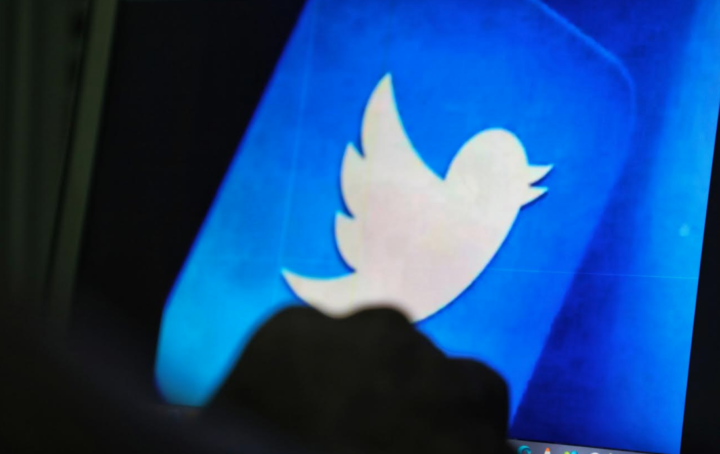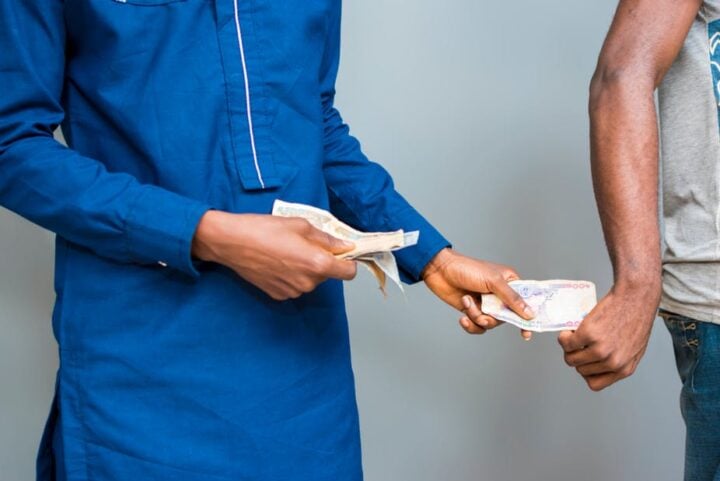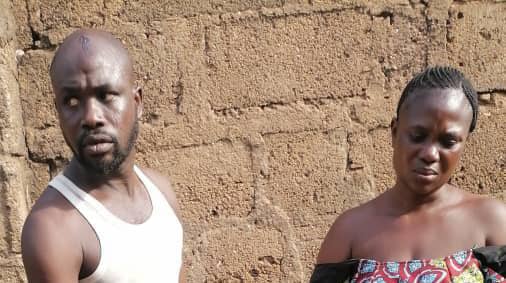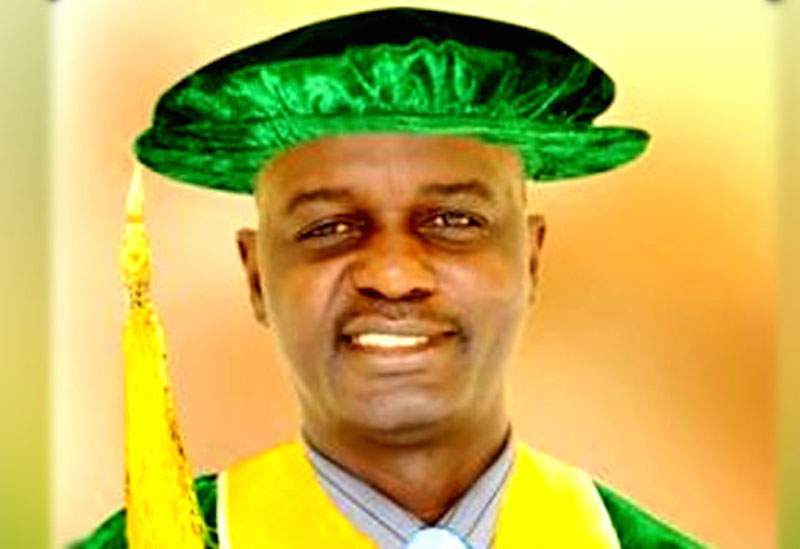On January 11, 2021, an American named Sahil Lavingia sent an introductory direct message to the official Twitter account of a Nigerian start-up, Cowrywise. He got a response the next day, and 16 days afterwards, the subsequent interactions between both parties led to Cowrywise raising a pre-Series A funding round worth $3 million from a consortium comprising Lavingia, Quona Capital, the Tsadik Foundation, and a syndicate of Nigerian angel investors.
In our interconnected world, access to Twitter helped Cowrywise to access funding worth more than a billion naira, potentially helping to put a significant dent in the country’s high unemployment rate.
This anecdote serves to illustrate the type of opportunity that the Buhari administration deprived Nigerians of by banning Twitter for seven months in the country. The government banned Twitter in response to the removal of a controversial tweet from President Buhari which threatened the Igbo people, my people.
Permit me to use a paragraph to point out that Buhari’s apparent Igbophobia has shown in the behaviour of some of the highest placed officials in his government from Danladi Umar to Abubakar Malami, so his statement about treating us “in a language that we would understand” was not surprising. Rather than communicating with the restraint fitting for a president that is responsible for the welfare of the entire country, Buhari, as is usual, chose to act otherwise.
Advertisement
Now we have entered another electoral cycle and the ruling party has backtracked simply because traditional media platforms are finding it more difficult to shape the narrative. Nigeria’s media space has become a place where internet-based communities on Nairaland, Twitter, Facebook, and Instagram have more pull than the NTA or Radio Nigeria. Propaganda spread via state-owned outlets stand no chance at outdoing the efforts of individuals via Twitter and Facebook accounts. The government had to unban Twitter and save face in doing so, by claiming that the social media platform has agreed to meet its “conditions”.
Part of the putative conditions includes the granting of the government power to delete tweets from Nigerian citizens via back-end access to the platform. This claim was quickly discredited. All the Nigerian government has is access to Twitter’s partner support portal (PSP) which only lets governments report troubling tweets to Twitter for further investigation. The PSP programme is free to all governments and is a variant of the opportunity given to non-state actors to make complaints about tweets.
It is particularly troubling to see how little the Buhari administration cares about the negative impacts of its decisions on the people that it should ordinarily look out for. The Twitter ban is just one of a series of hare-brained policies that include other howlers. A good example of this is the addition of maize in the CBN’s import prohibition list. Coincidentally, on the very day the central bank made that announcement, March 14, 2020, SBM Intelligence had published a chart showing what the potential impact of such a ban would be. It has turned out precisely as we predicted and no amends have been made even if because of the inflationary impact of the policy. The prices of eggs, pharmaceuticals, starch, corn flakes, and a lot of other products that have even a tangential relationship with maize have shot up.
Advertisement
The Buhari administration did not care about this, even though Nigeria has one of the world’s worst unemployment rates with the government’s own statistics agency putting the unemployment rate at 33% with youth unemployment even higher.
I will end with another narrative on the benefit of Twitter. During the ban, a young Lagosian, Babatunde Onakoya, decided to help train some street children in Oshodi, Lagos, in the game of chess. At the end of the training, he held a competition for the participants. The programme was publicised on Twitter daily and the publicity helped in getting attention, goodwill, and funding that has now helped to provide scholarships for 30 children who had been abandoned by our society and government and had become street urchins. The success of the programme has drawn the attention of Paris Hilton heiress and super celebrity, Paris Hilton, who tweeted to show her support for the initiative and her willingness to help.
It is important to resist the obnoxious policies of the government. This is a message for Nigerian corporates as well. Many Nigerians were accessing Twitter via virtual private networks (VPNs) while the ban lasted. If Onakoya had meekly stayed off Twitter during the ban, those children would probably not have had the opportunity they now relish, or for some of them it could have been too little too late waiting for the ban to be lifted before getting the intervention. Instead, they now have a chance to become doctors, bankers, engineers, or scientists simply because Twitter helped bring attention to an initiative set up to help them. Nigerians need to stop supporting those with inclinations to attack the avenues they use for making a legitimate living and politicians without required competencies to make the economy work better for all.
Nwanze is a partner at SBM Intelligence
Advertisement
Views expressed by contributors are strictly personal and not of TheCable.







